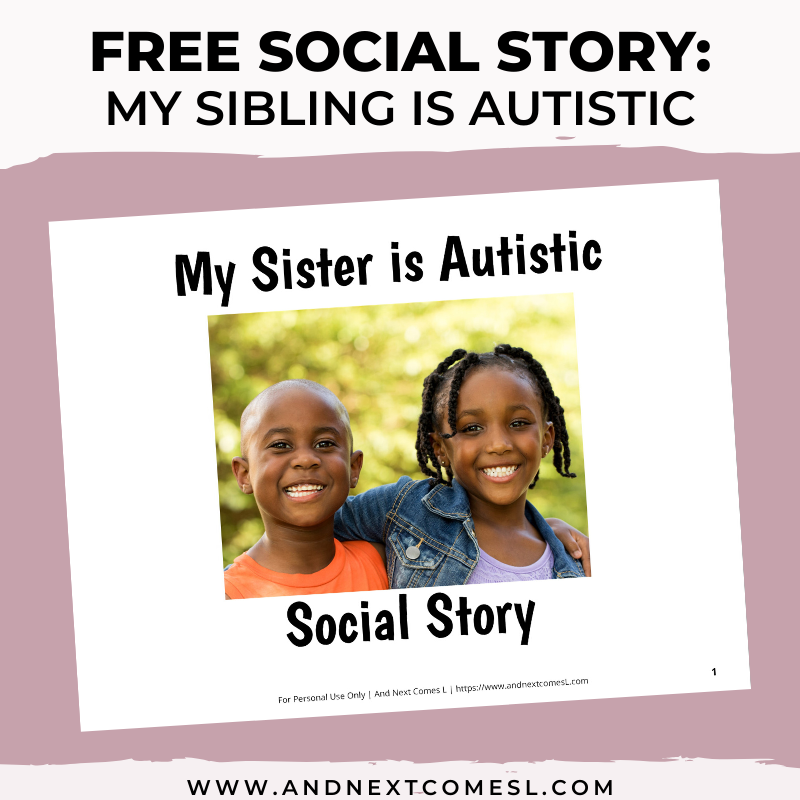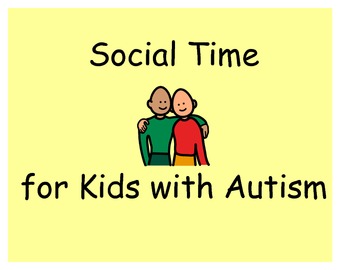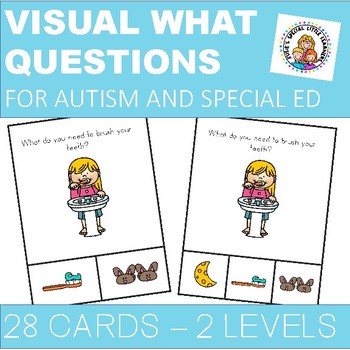

Provide student with a written or visual schedule for each week/class period. Do not be afraid to ask them to practice!Ĭreate a classroom routine that student can follow.Explicitly tell them how you wish to be addressed/contacted.Interpret inappropriate social behavior as a teaching opportunity rather than a personal affront or challenge to your authority.Teach "hidden" curriculum for your class and for dealing with university faculty and staff.
Social questions for students with autism how to#

Help them to discriminate what is important. Stay sensitive to what a successful peer would be doing. Sometimes the problem is not the disability. Moving towards independence and adult responsibilities is hard and stressful for everyone! Do not recognize root cause of problem.They usually will not know how to ask for help.Failure to complete activities or assignments if confused."Extreme" reactions to minor disruptions.Unusual social behavior (too many questions, not responding to questions).How this may present itself in your classroom: Will need help making sense of complex "hidden curriculum" of college environment.Difficulties less likely to be academic.Usual accommodations and supports not enough.It can be overwhelming to know what to pay attention to, both during interpersonal interactions and class work. Students with autism struggle to distinguish important from trivial in external environment. I have two choices: turn the mike on and get deluged with sound, or shut it off." – Temple Grandin (College Professor with Autism) "My hearing is like having a hearing aid with the volume control stuck on "super loud." It is like an open microphone that picks up everything. Difficulty Recognizing Important Things in Environment Do not easily recognize when previously learned skill can be used in novel situations. Often appear to "forget" skills in new settings. Sarcasm, inference, and slang often confuse and frustrate individuals with autism.Tend to interpret language based only on its literal meaning.Misunderstand facial expression and body language.Students with autism struggle to identify non-verbal cues.Predictability and stability are important.Often complete tasks and transitions in a stereotyped and repetitive way."I always write my assignments in my planner before I leave class.".Find ways to teach desirable skills as rules.The advantage is that if a positive and adaptive rule can be taught, it tends to stick.




 0 kommentar(er)
0 kommentar(er)
